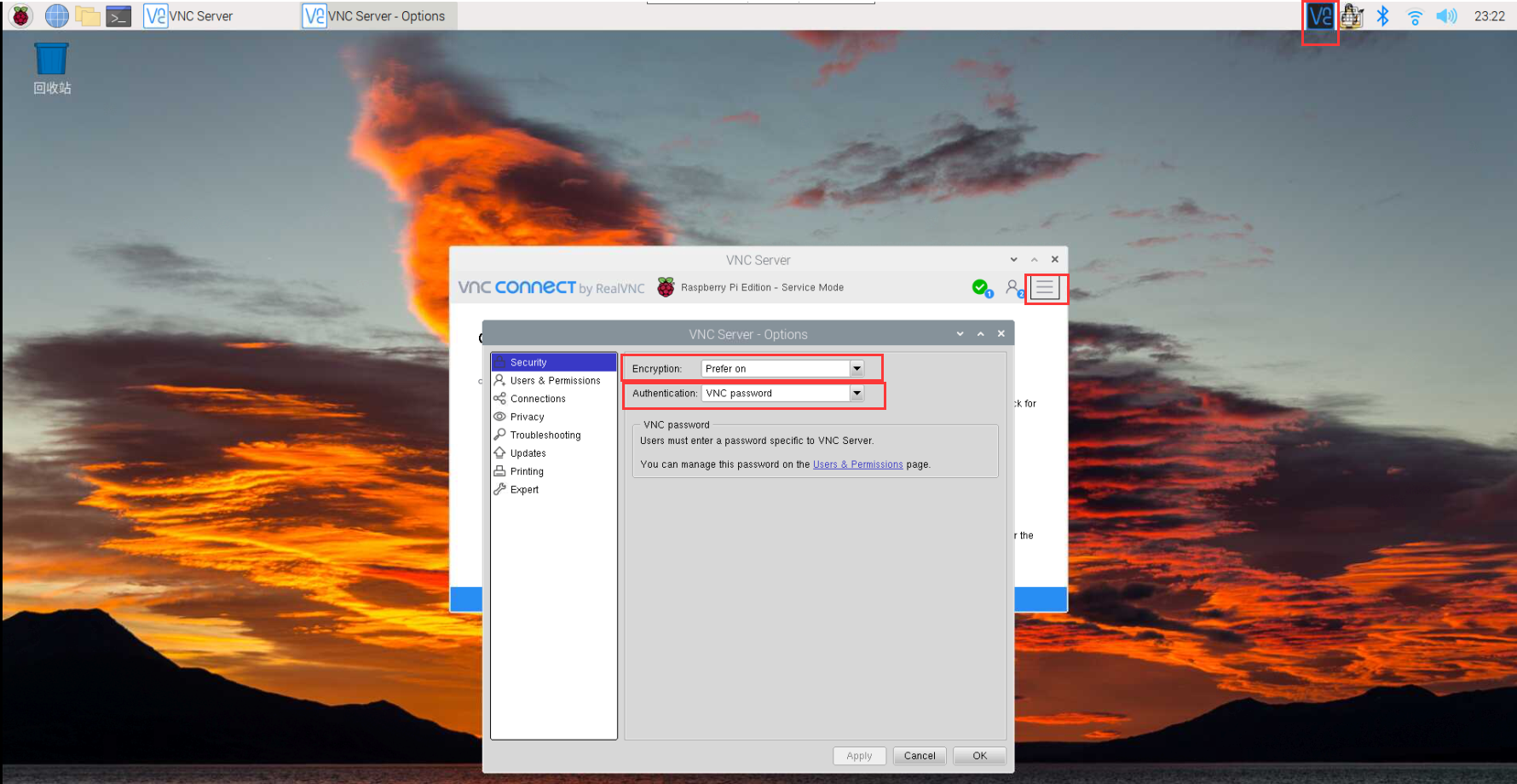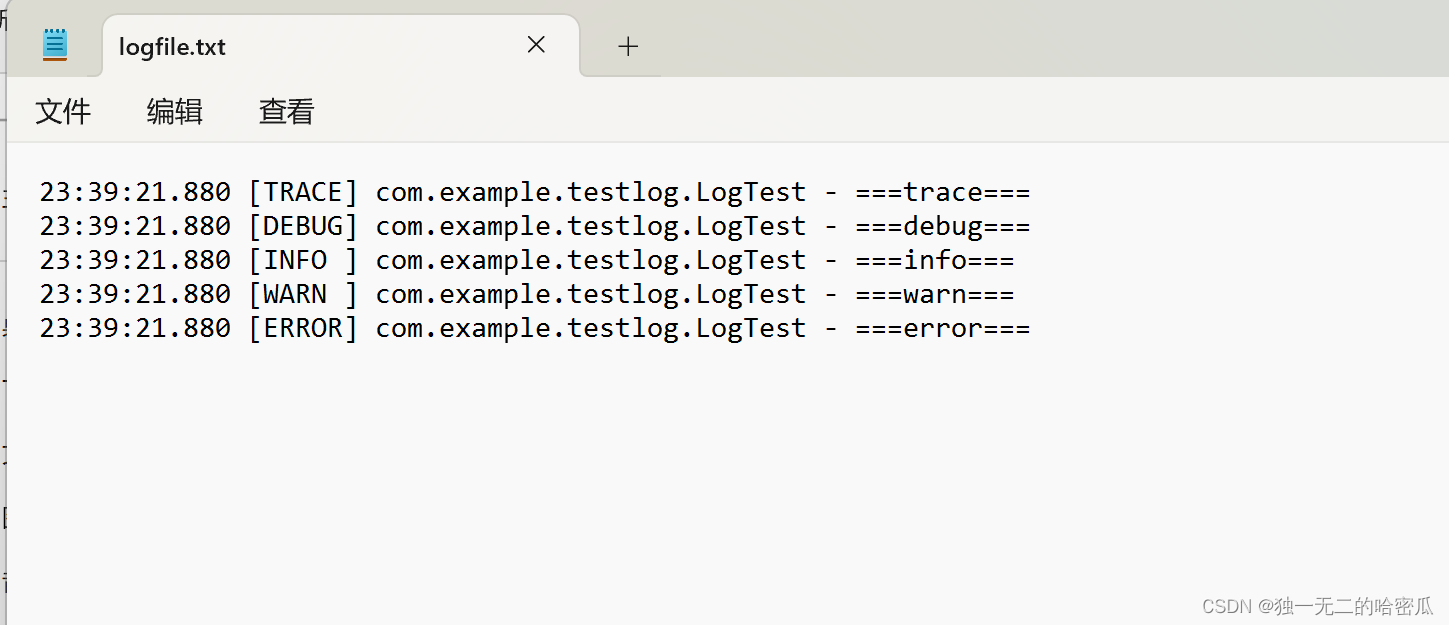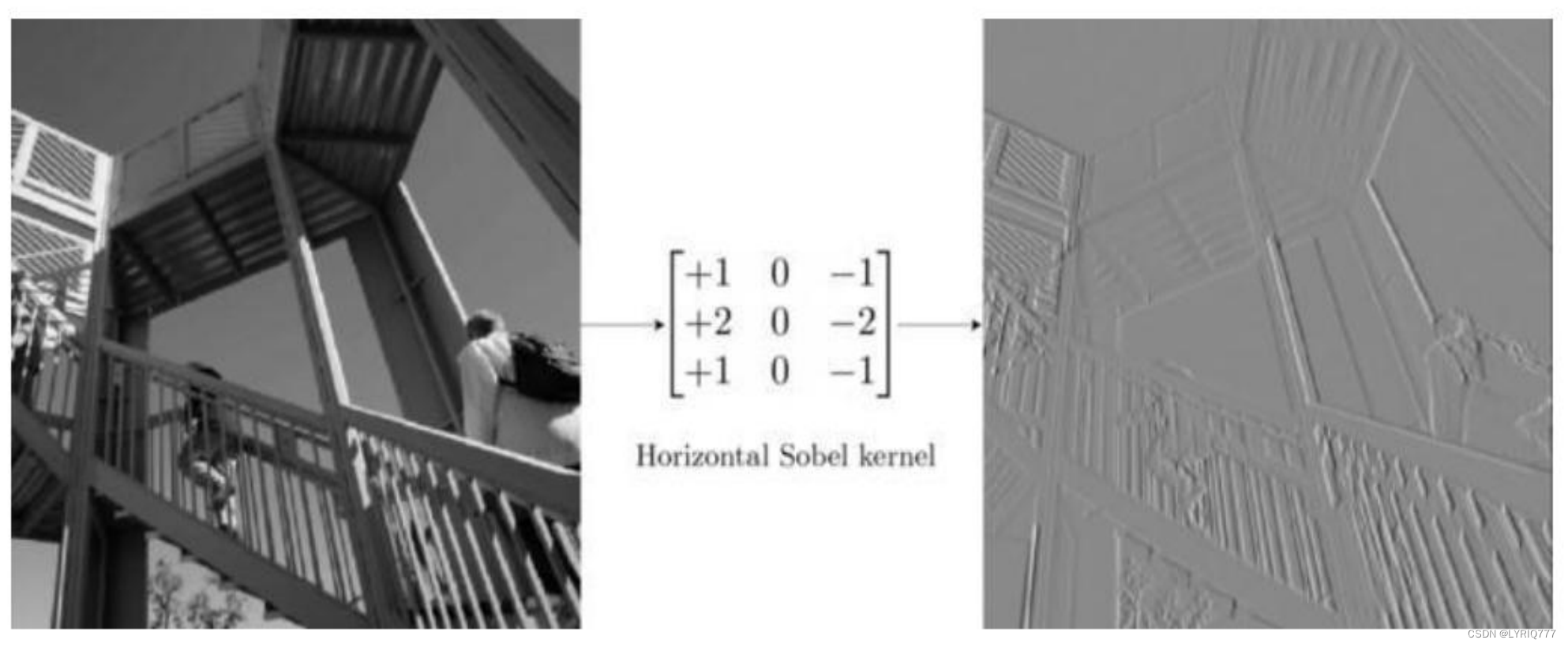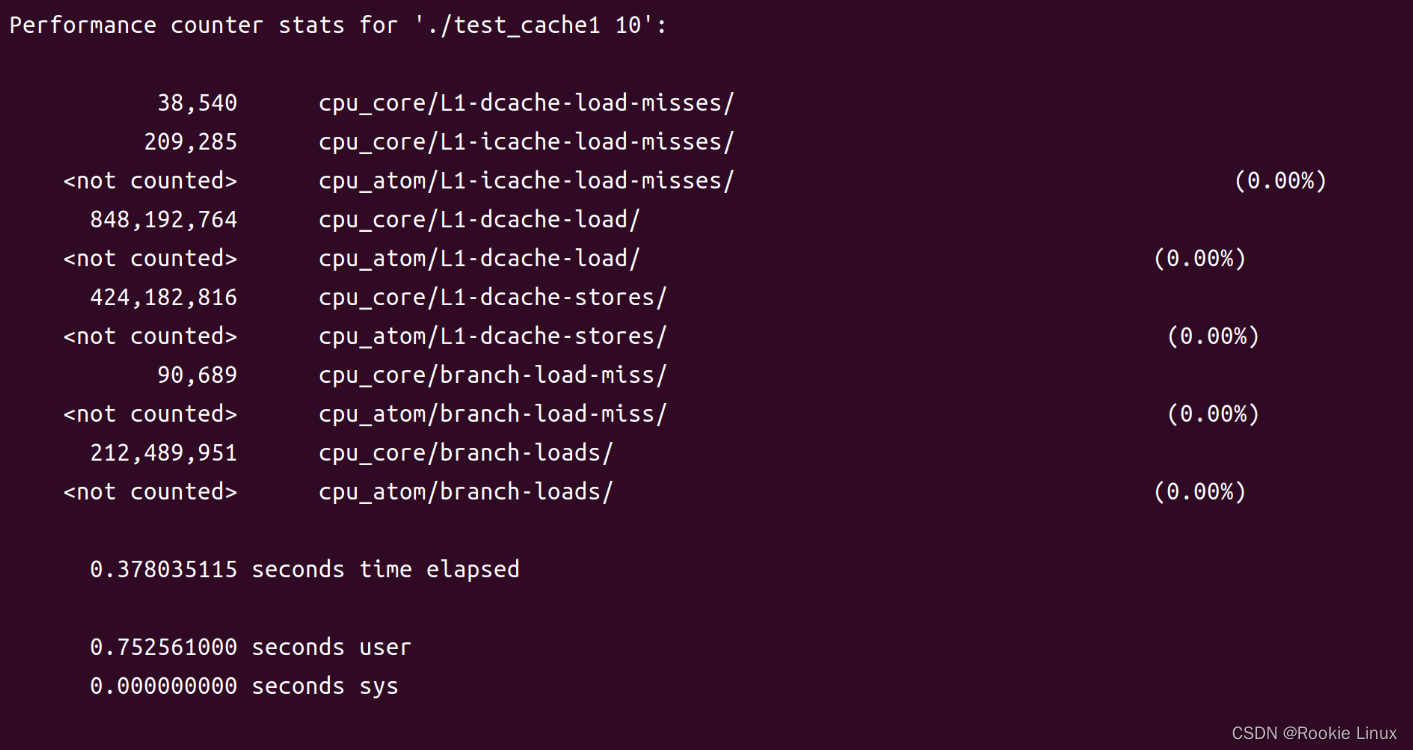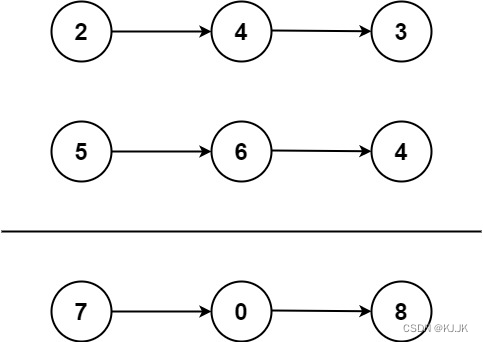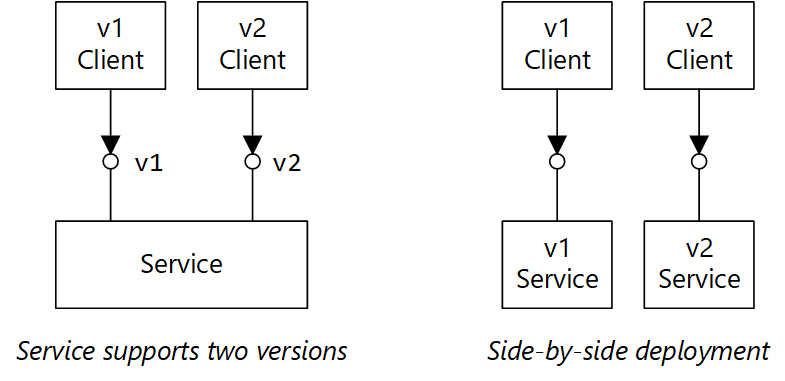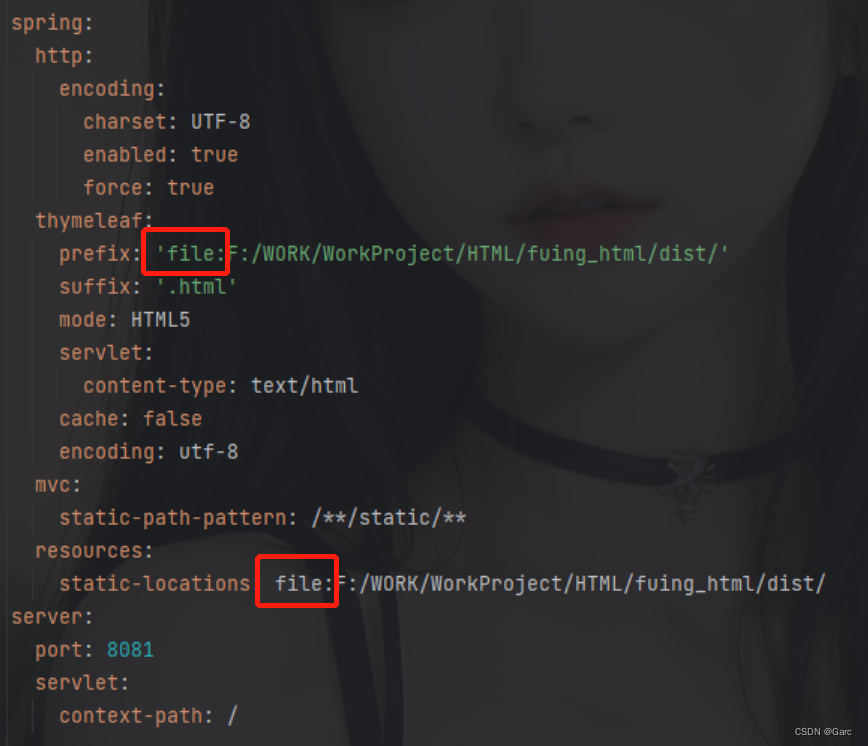Wireless links and network Characterstics
无线网络信号会衰减很快, 会被别的source影响, 传播过程中经历多个路径比如经过建筑, 树木等收到影响. 所以就有了信噪比的概念
CDMA
CDMA是一种在多点连接时候避免collision的一种算法. 主要是每个sender都用不同的编码, 然后sender先回合编码, 到了receiver再根据sender的编码解码
CDMA在4G和5G通信上使用, 没有在wifi上使用, 其中原因是CDMA在频谱利用方面需要更大的频谱带宽,不适合在受限的Wi-Fi频段中使用
Wifi 802.11 Wireless Lans
Architecure
基本的block of 802.11 architecture是 BSS basic service set, BSS由多个无线end devices和一个接入点access point AP组成, AP负责无线通信.
Channels
802.11是在2.4Ghz到2.4835Ghz, 一共是85MHz的带宽, 802.11设定了11个channels, 不过它们之间有overlapping, 实际上只有三个信道(信道1、信道6和信道11)之间是完全不重叠的, 它们的频率相互不干扰
如果有多个networks就会出现wifi jungle, 选择AP需要AP周期发布beacon frames的消息, 用来通知附近的无线设备网络的存在的信息, 然后设备可以通过这些beacon选择连接, 让人, 设备也可以主动扫描可以连接的网络
The 802.11 MAC protocol
首先, 802.11是多点链接, 为了避免冲突, 使用了CSMA/CA的protocol, CA就是collision avoidance. 因为无法完全监听collision(hidden device的问题), 所以需要尽量避免冲突
设备首先在 Distributed Inter-frame Space DIFS的时间间隔之后发送Request to Send RTS,如果这个时间间隔内监测到冲突, 则指数退避, Wifi收到RTS会在Short Inter-frame Spacing SIFS时间内ACK, 也就是发送Clear to Send CTS, 这个clear send会被其它设备也接收到. 其中, 因为RTS有需要发送data所需时间的信息, 这个CTS同时会告诉其它设备在这段时间内不要发送reqeusat, 当要发送数据的设备收到CTS并发送完DATA, wifi会在SIFS内发送ACK, 其它设备就可以请求发送数据了
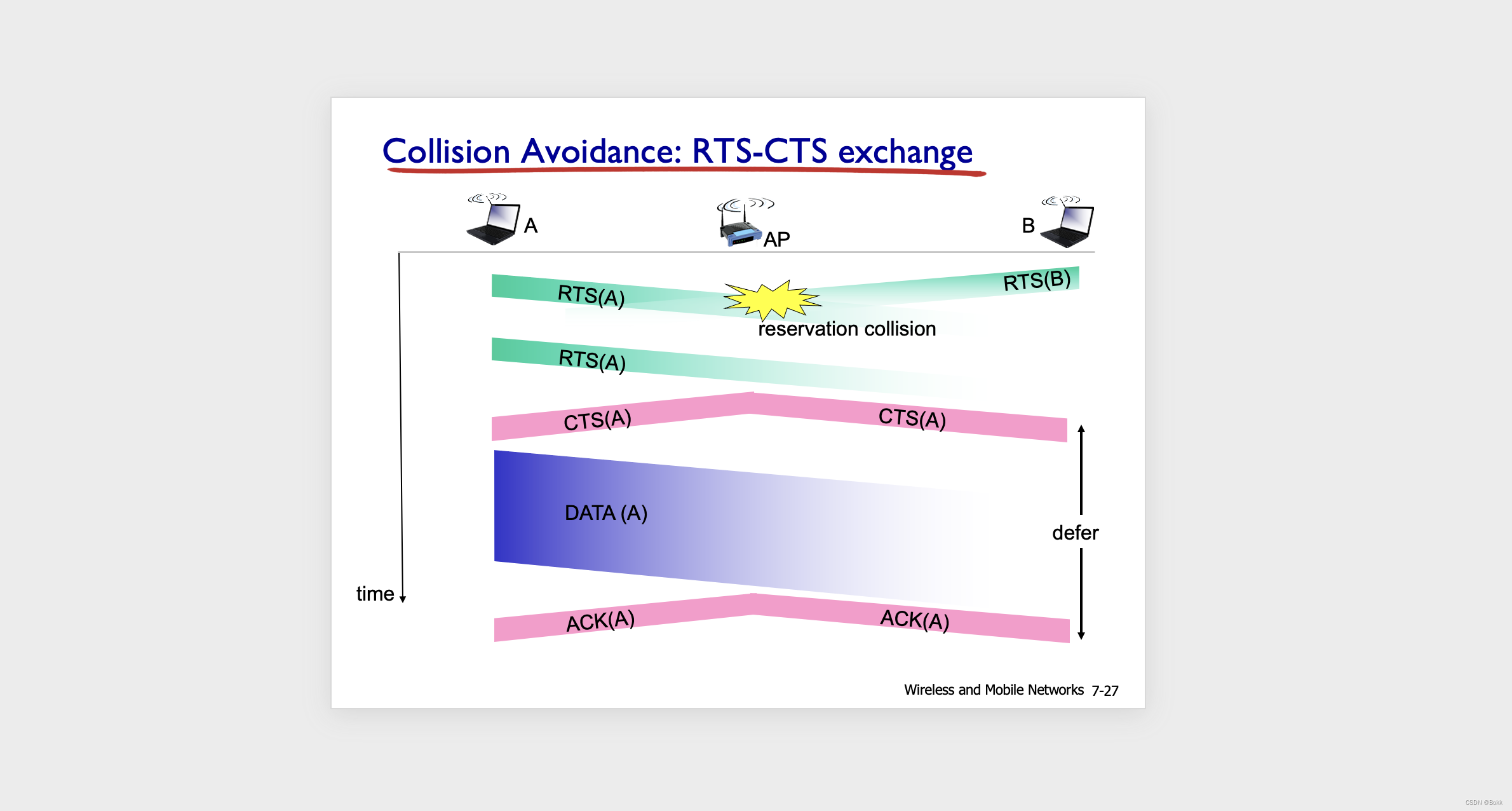
不过上面讲道的RTS/CTS的方法会带来delay, 所以很多wifi设备会根据data的大小设置threadshld, 太小的data就不需要RTS/CTS了
使用wifi与另外一台设备point to point通信
设备 H1 → AP → Rotuer R1 → AP → 设备H2
这里这个通讯需要记录三个MAC地址, source, destination, 也就是H1, AP, Router的MAC地址都需要有
Mobility in the Same IP Subnet
当一个设备H1从AP1到了AP2, 之前经过AP1给H1的数据需要经过AP2, switch怎么知道要发到AP2呢. 解决方法就是, 当H1到了AP2, AP2广播这个消息, 让switch知道去跟新forwarding table#
Rate Adaptation
WIFI可以自动评估信道然后switch rate
Power Management
有sleep wakeup两个模式, AP会先buffer, 然后周期地notify node, 如果node没有需要AP send, 则继续sleeping
Bluetooth
蓝牙是个人的网络, 通过TDM时分, 然后有79个channels, 提供最大速率是3Mpbs
有一个controller, 控制clock time, power 之类的, 其它clients最多255个, 一般都在sleep, 根据controller的scheduler周期wake up, receive beacon message from controller
Controller通过发送paging与目标device链接
4G and 5G
关键词
Mobile Device: 就是接入网的设备, 需要有sim卡提供IMSI International Mobile Subscriver Identity
Base Station: 基站, 是network的edge, 提供管理无线网络资源和Mobile device with its coverage area
Home Subscriber Server (HSS): control pane element, 存储mobile devices的信息
Serving Gateway (S-GW), Package Data Network (P-GW), and other network rotuers: 就是router
MobilityManagementEntity(MME): control pane element, 做身份验证, path setup, and cell location tracking
4G LTE Protocols Stacks
在netwrok IP protocal之下分为packet data convergence, radio link control, and medium access control MAC
Package Data Convergence: 做IP header compression来减少在无线网络中bit的传输, 并且利用跟下层提供的key做encryption/decryption
Radio Link Control: fragmenting 和 ressembly
Medium Access Control MAC: transmission scheduling也就是requesting and use of the radio transmission slots
网络接入
扫描接入 → Control Pane Authentication → Data Path Configuration
Power Management
有多种的sleep mode
Discontinuous reception state: 100ms不interact进入, 之后base station和device每数百ms schedule周期sycn
Idle state: 5-10s不活跃到这个state, wake up less, 即便切换到了新的network (base station) 也不需要通知之前的network
The Global Celllular Network: A Network of Networks
就是base station组成home cellular carrier netwrok, 然后再接入public internet
5G网络
提供更快延时更低接入更多的网络, 做到了control pane和data pane的分离
Mobility Management: Principles
分为Direct and Indirect Routing
Indirect Routing
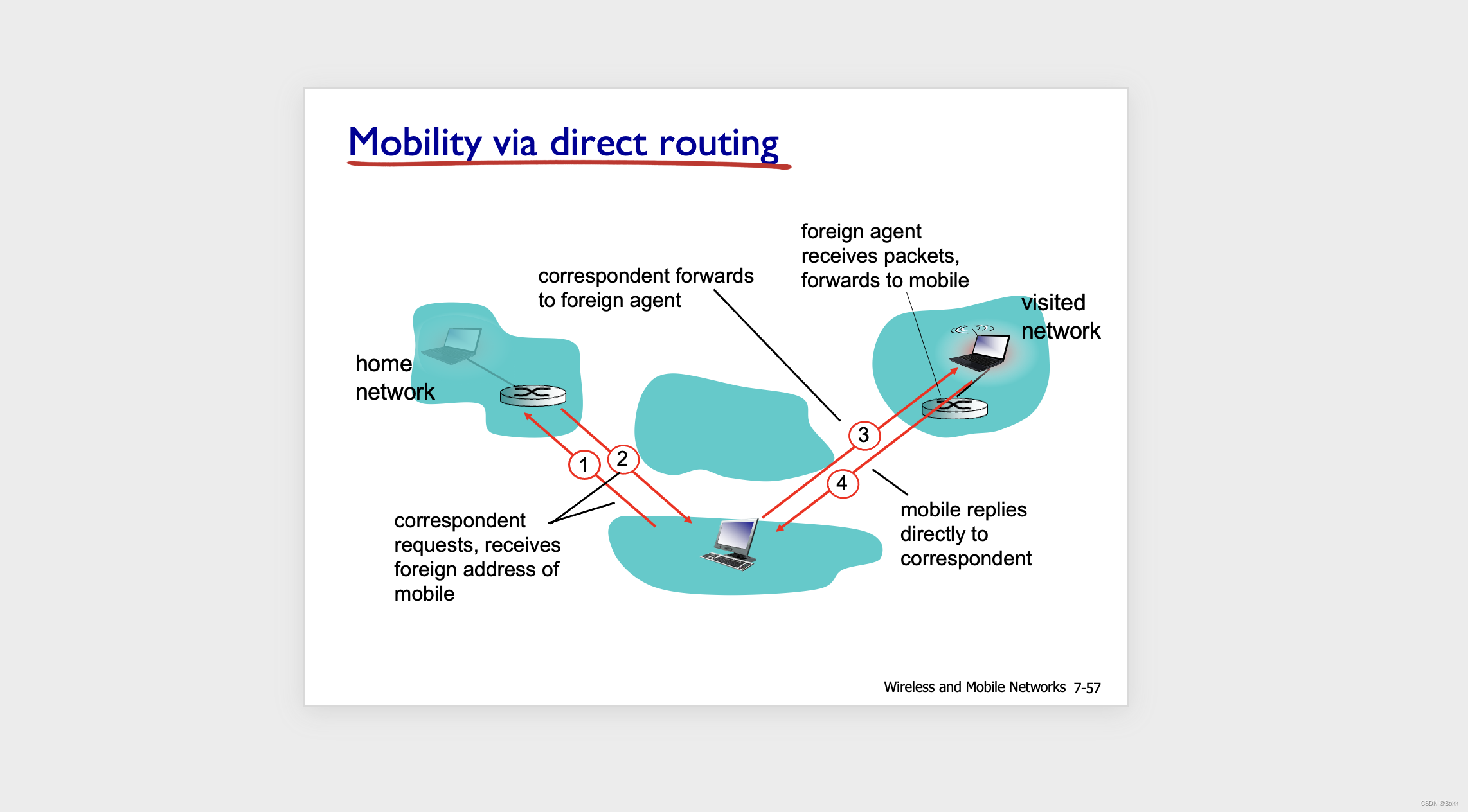
- Correspondent先问Home agent
- Home agent知道device在哪里, 所以问visited network,
- Visited Network联系到Mobile device
- (方法一)Mobile device在visitied network的device跟home network通讯, home network在与correspondent通信. (方法二) Mobile device直接与correspondent通讯
Direct Routing
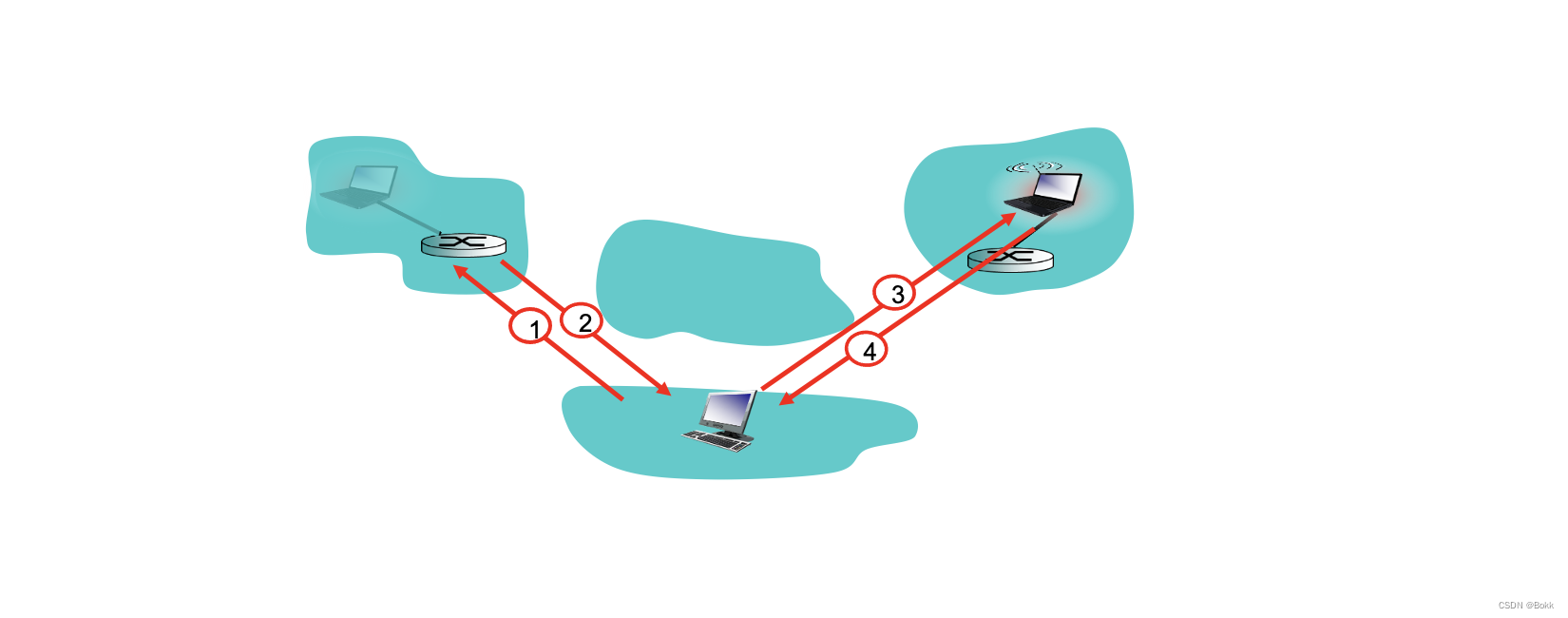
- Correspondent先问Home agent
- Correspondent知道Mobile在哪里之后, 直接与mobile device通信
4G/5G的Mobility Management
使用的是Indirect Routing
- Mobile device and base station association
- Control plane configuration of network elements for the mobile device
- Data plane configuration of forwarding tunnels for the mobile device
- Mobile device handover from one base station to another
Summary
讲了CDMA的一个传输方式, 在移动网中常用. 然后讲了wifi的技术, 包括CSMA/CA的通信, wifi的信道以及接入的方法, 也讲了wifi的点到点传输, 以及mobility的实现, 也讲到了蓝牙提供个人网络. 讲了4G/5G的移动通信, 重点讲了indirect和direct的mobility management

